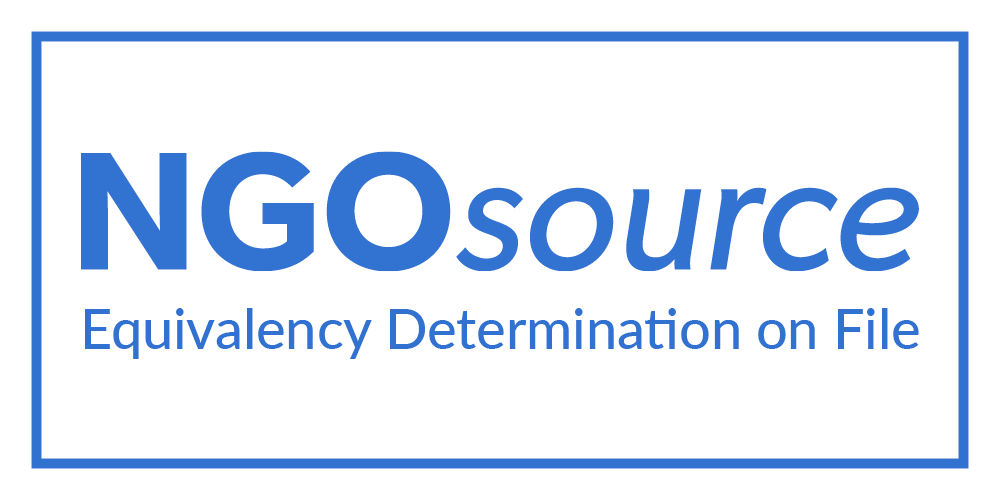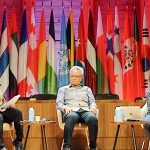Koalisi Seni, supported by UNESCO, collaborated with the Film Committee of the Jakarta Arts Council to hold a public discussion titled “My Film Advances, My Film Restrained.” The discussion featured Ratri Ninditya (Research Coordinator at Koalisi Seni), Adrian Jonathan (Founder of Cinema Poetica, independent researcher at Arts Equator, and a member of Koalisi Seni), Riri Riza (film director, screenwriter, and a member of Koalisi Seni), and Sugar Nadia (Chair of the Film Committee of the Jakarta Arts Council and a member of Koalisi Seni). It was held at Wahyu Sihombing, Taman Ismail Marzuki, on Wednesday, March 20, 2024.
In the struggle for artistic freedom in Indonesia, we cannot ignore the reality that the creative process often encounters various obstacles. One of the main challenges is censorship, whether imposed by the government or arising from social pressures within the community.
For example, threats faced by films such as Senyap, Kucumbu Tubuh Indahku, and Samin vs. Semen demonstrate the immense pressure filmmakers face in producing and distributing their work. This raises questions about how effective existing regulations are in protecting and promoting artistic freedom in Indonesia.
Ratri Ninditya, Research Coordinator at Koalisi Seni, explained that the implementation of these regulations has not always met expectations. While the existing policies may provide a strong foundation for supporting artistic freedom, their enforcement remains inconsistent. Cooperation between the government and civil society is necessary to ensure that these regulations are not merely symbolic but are effectively implemented.
Additionally, young filmmakers face other challenges in developing their works. Riri Riza highlighted the dilemma often experienced by filmmakers, particularly in balancing artistic ideals with commercial viability. Finding harmony between creative expression and market appeal remains a significant challenge.
Adrian Jonathan, an independent researcher at Arts Equator, provided an interesting perspective on the historical impact of censorship and political pressure on Indonesian cinema. He noted that filmmakers from other countries facing similar censorship challenges often seek alternative avenues, such as international film festivals, to showcase their work.
Sugar Nadia, Chair of the Film Committee of the Jakarta Arts Council and Director of the Madani Film Festival, has faced similar challenges in film production. She observed that self-censorship often becomes a necessary negotiation tool with censorship authorities to ensure that a film meets regulatory requirements. The main challenge is preserving the intended message and values of the film while navigating these constraints.
Despite these challenges, hope remains. With advancements in technology and accessibility, filmmakers have more opportunities to freely express themselves. Online platforms and international festivals provide alternative spaces for films that might otherwise be restricted by domestic censorship.
Moreover, collaboration and solidarity among filmmakers play a crucial role in overcoming these challenges. The journey toward artistic freedom in Indonesia is not easy, but with a collective awareness of its importance and a continued commitment to advocacy, Indonesia’s arts and culture can flourish and celebrate its rich diversity.




